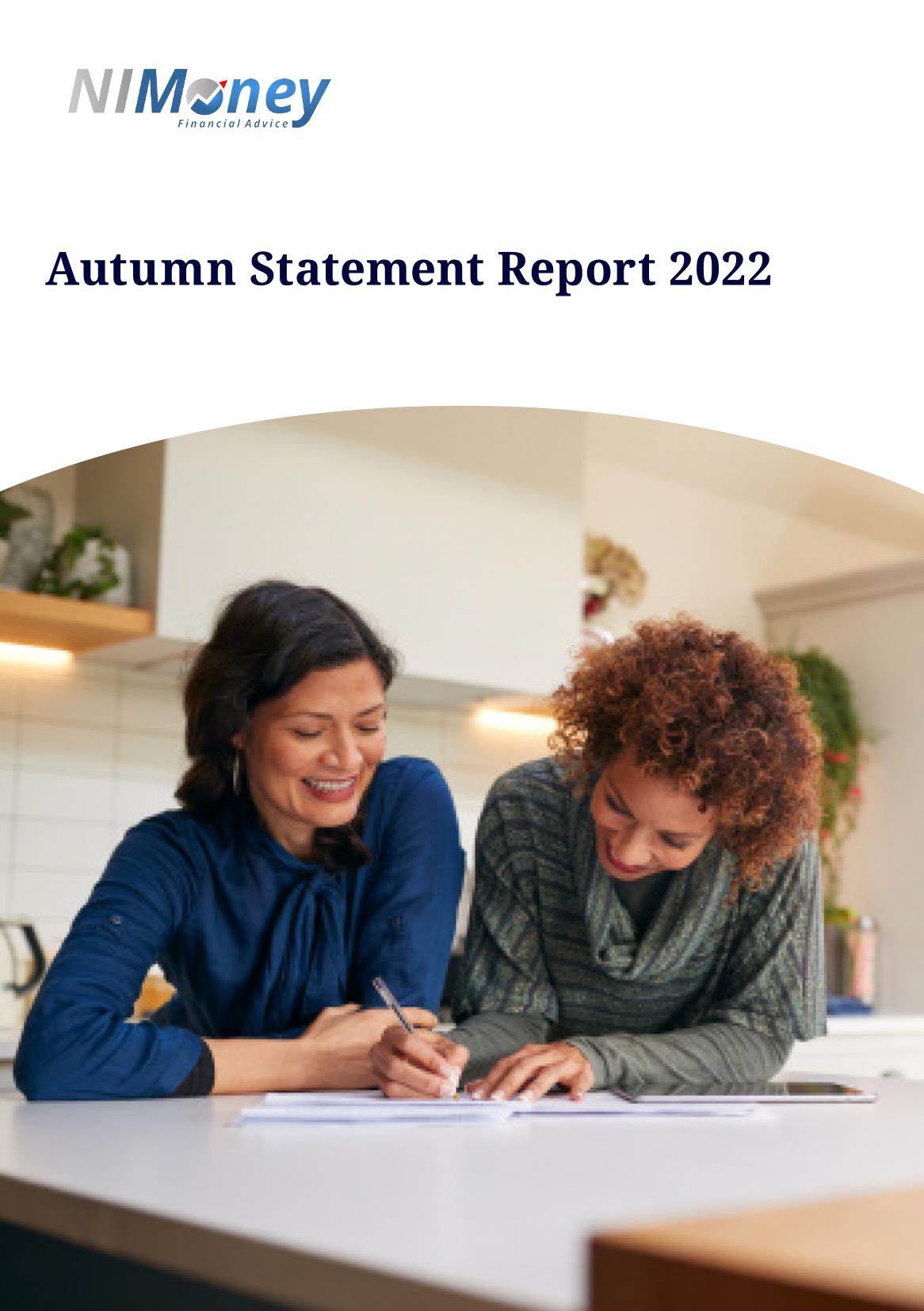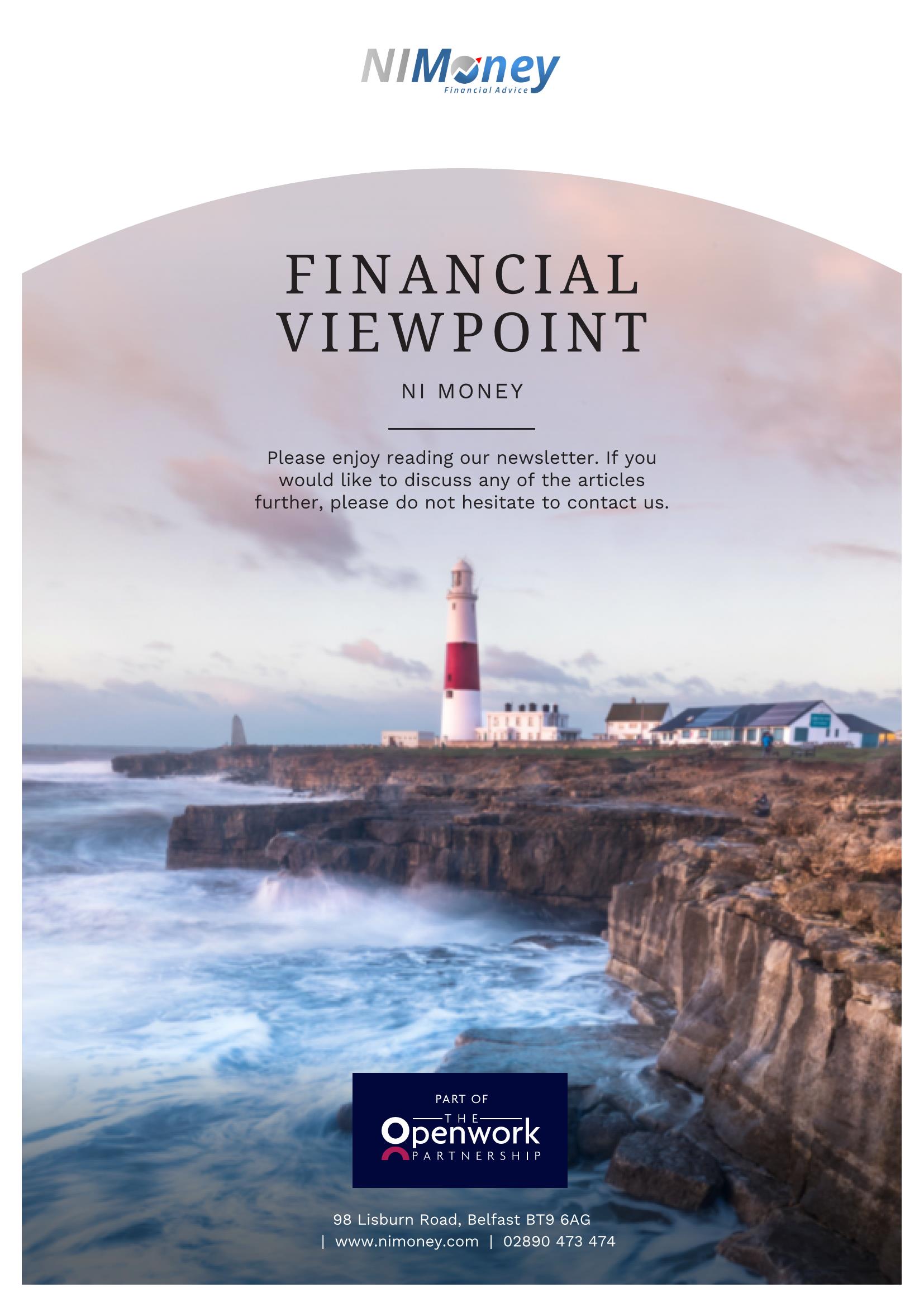The importance of diversification
With ISA season comes the usual fanfare
in the money pages about which investments will deliver the best returns –
peppered with the usual important caveats about investment performance and the potential
for loss of course.
Every commentator will have a different idea about which areas and which funds are the best bet; and these varying opinions can cause confusion for anyone relying on their expertise.
It’s also important to note that none of these talking heads will be privy to your specific financial circumstances and goals – no matter how impressive their CVs. That’s why it is so important to seek advice from professionals – like us – who will take the time to find out more about you, what makes you tick and what you’d like to do with your money. This ensures a robust process which results in an appropriate plan and appropriate investments that match your specific risk profile and financial goals.
Diversification matters
Any investment professional worth their salt will tell you about the importance of diversification across your investments, particularly if you plan to save money in your ISA over the longer term (ie. more than five years).
If you invest in individual funds, and we can recommend funds from some of the leading fund managers, the trick is to blend exposure to different asset classes. These asset classes include equities, often referred to as ‘stocks’ or ‘shares’, which represent a stake in the ownership of a company.
There are also bonds – sometimes referred to as ‘fixed income’ securities – which could be described in similar terms as a loan to a company or government which pays interest. Compared to equities, bonds can be less risky should you require a more stable investment environment.
Other, so-called ‘alternative’ investments could include property, or commodities like gold, natural gases or agriculture, which are all accessed via specialist funds.
Active, daily management
We can recommend a spread of funds through a range of risk-rated portfolios. These are the auto-rebalancing Openwork Graphene Model portfolios and the actively managed Omnis Managed Portfolio Service .
The latter is managed on a daily basis by experts whose aim is to deliver consistent returns while managing risk through investing in a wide variety of Omnis funds.
Whichever way you invest, it’s important
that you take up your maximum ISA allowance if you can afford to. This is
£20,000 for the 2018/19 tax year.
If you’d like advice on your investment planning, please get in touch.
The tax efficiency of
ISAs is based on current rules. The current tax situation may not be maintained.
The benefit of the tax treatment depends on the individual circumstances.
The value of your stocks
and shares ISA and any income from it may fall as well as rise. You may not get
back the amount you originally invested.











